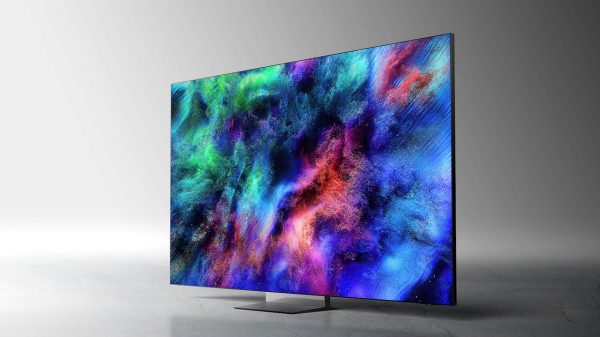In a business world dominated by how quickly we can produce results there are few things that are as damaging as a slow computer network. We rely on our computers to store our company’s most valuable information and retrieve files in a matter of seconds; we depend on these systems to bring not just the convenience of quick results but the necessity of efficiency.
Despite such a marked reliance on our computers and the functions that they serve, we often overlook simple methods to ensure that they operate at their highest speed and functionality.
While most businesses invest in products that filter spam from email inboxes and software that protects hard drives from dangerous viruses that could impair the network very little is done to protect our computers from the effect of fragmented files.
This can usually be attributed to the subtle nature of slow computer fragmentation. Spam and viruses typically show themselves in a quick strike and the computer user is aware of the problem almost immediately whereas fragmentation occurs over time and can leave the computer user with the impression that the problem is related to a computer’s age and not how files are saved on the hard drive.
When we think of computer attacks we are inundated with stories of infamous spammers and Trojan horses carrying destructive viruses. It’s hard for us to imagine a computer disease that originates on our own hard drive and so we do little to protect against such an attack. This is essentially how fragmentation becomes the great crippler that it is.
As a progressive computer disease, fragmentation will show itself in many different forms. Each of these symptoms are related to computer speed and are tell-tale signs that its time to act. If logging on to your computer is becoming an increasingly longer and longer process, if you are experiencing a slowdown in retrieving files from your hard drive, or if you experience delays in loading applications, your computer is almost certainly experiencing fragmentation.
There is a solution to your fragmentation problem and, unlike the solutions related to spam and outside virus attacks, the answer is one simple step. By installing defragmentation software onto your hard drive you can effectively clean your computer of fragmented files without losing any information.
Defragmentation software doesn’t require a yearly subscription to maintain nor does it require you to strip your hard drive of all its existing files and applications to become virus free. It’s as easy as inserting a disc into your drive and allowing it to run. Once your defrag software begins running it will work to re-organize your hard drive and clean it of fragmented files and create larger blocks of space in which your files can be saved. This will increase the response speed of your computer and keep it running at its optimal speed.
Taking a proactive approach to keeping your computer’s hard drive free of fragmented files will ensure you won’t be waiting minutes to log on to your computer or wondering when an application is going to load and appear on your screen. If you value your computer as much as you do your time you should certainly take the steps to guarantee a slowdown on your hard drive doesn’t occur.























